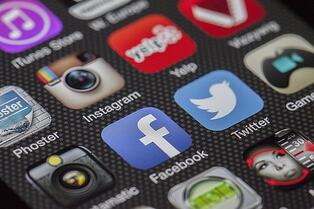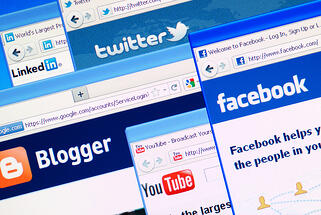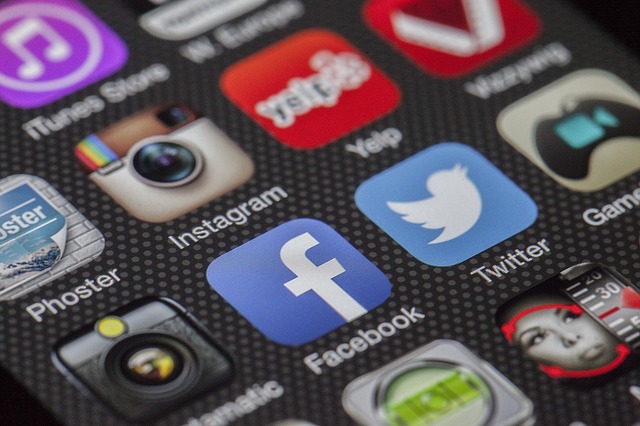 Social media services like Facebook, Twitter, and Instagram have brought many improvements to the digital age. Constant connectivity helps keep old college friends in touch, increase collaboration between industry experts, and helps people find news and information on their favorite companies, pop culture figures, and trends. Social media marketing gives companies the chance to entertain and educate their current customers and reach new audiences with quality content. But social media certainly isn't all good news.
Social media services like Facebook, Twitter, and Instagram have brought many improvements to the digital age. Constant connectivity helps keep old college friends in touch, increase collaboration between industry experts, and helps people find news and information on their favorite companies, pop culture figures, and trends. Social media marketing gives companies the chance to entertain and educate their current customers and reach new audiences with quality content. But social media certainly isn't all good news.
Being on the web or a smartphone all day, every day, is just exhausting, and it can be difficult to dig through the spam to find posts you really care about. People try to generate buzz for their own projects, overshare about their lives, or just post pictures of their cats and baby constantly. Brands are trying to capture lightning in a bottle and launch the next #viral sensation, overwhelming you with their campaigns and hashtags and products. Throw these two groups together on the same social media platforms, and suddenly it's pretty difficult to read anything you actually want to.
If you're a social media user like me, you've got a nice mix of friends, digital acquaintances, and companies on your Facebook feed and Twitter timeline. Sure, we care about all the stuff that's getting posted, but we don't really care. A lot of my time of social media is spent skimming past posts until I see something that catches my eye. Nobody likes reading things from an oversharer: someone who posts too often about their  own work, or talks about personal matters in "public," or treats Facebook like Twitter and posts 15 times a day about trivial things. If you're interested in being a good denizen of the digital sphere, don't do those things! Everyone can forgive some personal promotion, but don't go overboard. But remember, you're just a person, and you can use a casual, conversational tone. Nobody wants to read robotic posts from their friends.
own work, or talks about personal matters in "public," or treats Facebook like Twitter and posts 15 times a day about trivial things. If you're interested in being a good denizen of the digital sphere, don't do those things! Everyone can forgive some personal promotion, but don't go overboard. But remember, you're just a person, and you can use a casual, conversational tone. Nobody wants to read robotic posts from their friends.
That's where brands can get tripped up on their social media marketing as well. Some brands don't have their finger on the pulse of their audience, and can become too casual and irresponsible online: posting too often or sharing things their fans aren't going connect with. Before your brand does anything with social media, you have to understand the target personas you are trying to interact with. Does your company sell software B2B? You should be on Linkedin, posting valuable content for executives, not on Twitter or Facebook posting memes all day. Put yourself in the shoes of your ideal customer and think about what would make them click through to your website, or sign up for a demo. Odds are it isn't going to be sharing a silly YouTube video you saw.
You may think that a brand wouldn't be dumb enough to do those kinds of things, or that people are smart enough to use it the right way, but social media mistakes happen every single day. You probably already heard what happened with US Airways this week, and saw what happens when you tweet a bomb threat to American Airlines. Social media is a powerful tool for people and brands, but online mistakes don't disappear, and they'll stick with you or your company for a long time. That makes it worth it to take an extra second before sending that latest tweet, or having a team meeting about social media marketing strategy and target personas. For every amazing post that gets lots of buzz, there's 50 more that fall flat or backfire. Bottom line: don't share too much, and don't share the wrong stuff.
